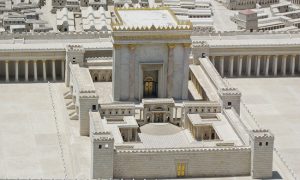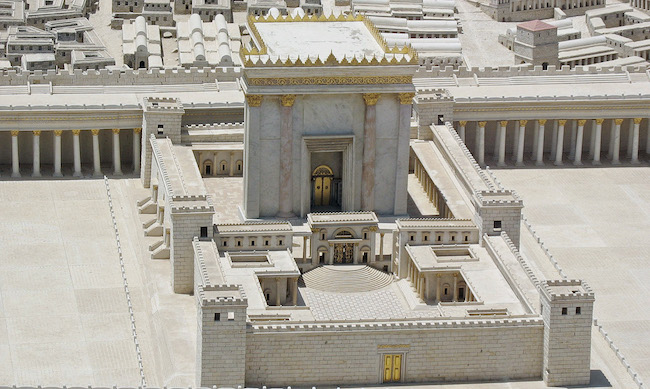
Have you heard “Mitzvah” translated as a “good deed?” That’s incorrect, and this week’s reading proves that not every good deed is a Mitzvah.
A Mitzvah is something we are Commanded to do, from “Tzivui,” an order. When it comes to the donations for building the Mishkan, the Tabernacle in the desert, the Torah does not state it as a Commandment to give; rather, it simply tells Israel that “they shall collect a donation for me, from every person whose heart moves him you shall collect My donation” [Exodus 25:2]. And then, the reading goes on to describe to us what Israel was able to accomplish.
There is a real paradox here, because Judaism also teaches that the one who is commanded and does the command is greater than the one who is not commanded to do something, but does it anyways. That strikes people as contrary at the outset—isn’t it obvious that a person who does something because his heart moves him is greater, more generous, more devoted, than the one who has to be told to do it and begrudgingly follows instructions? But from the Torah’s perspective, the opposite is true. Our first obligation is to do according to the rules we are given, and thus the fulfillment of what G-d demands of us is fundamentally greater than doing according to our wishes, even when those are the loftiest of wishes.
Now, I do not mean to say that there is no Commandment to give. The word used here for donation, Terumah, is the same used for allocating a portion of one’s crop for the Kohanim, the priests. But even there, no amount is specified (the Rabbis do specify the standards for generous, normative and miserly portions). We are supposed to give what we can, and to learn to give frequently on behalf of many causes.
So why is the giving of the Terumah for the Tabernacle so voluntary? Why were they not commanded to give? The Terumah teaches that there is, of course, a place for individual interests and generosity. You have to follow the rules of the road, but where you travel in your car is up to you. Those whose heart moved them gave to the Tabernacle, and together, by each person acting according to the generosity of his or her own heart, they built a house for G-d Himself.


